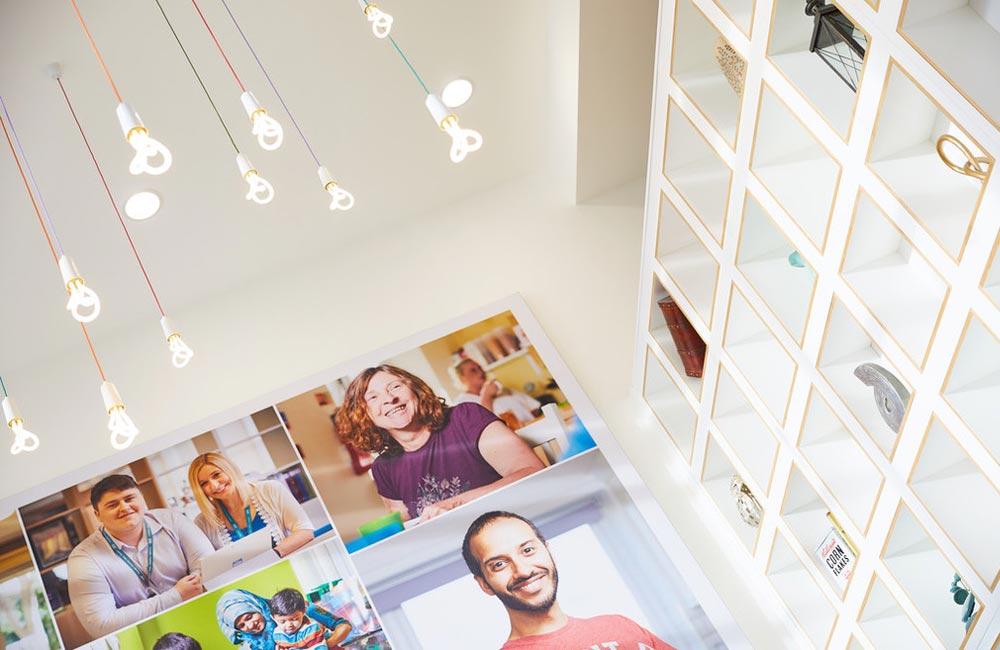
|![]() 5 minute read
5 minute read
Learning from complaints October 2021

Written by Claire Blacka, head of customer engagement
You might have read our last blog post on how we’re learning from complaints, we’re back with another instalment, keeping you updated with what we’ve been up to.
We think complaints are a good way to improve what we do. We’re working at making our complaints culture positive for colleagues and customers. We want everyone to feel confident when it comes to complaints.
We have 115,000 customers living in 55,000 homes. Sometimes, things do go wrong and we know we’re not perfect. But we put a lot of effort into making things right and learning for the future.
Being proactive
We’re learning lots from you about communication at the moment. Communicating effectively is really important to us, and we know it makes a big difference to you too.
So, we’re being proactive about repairs. Instead of waiting for you to complain, we’re letting you know when we’re aware of a problem and the action that we’re taking.
Here’s a few other things we’re being proactive about:
- Making sure complaints are submitted with all of the information we need so we don’t need to ask you for more information later on
- Improving the way we diagnose your repairs so that we get the right solution more quickly
- Reviewing our Service Level Agreements (SLAs) which set the expectations for how long you will wait for us to do something
Repairs and you
We have customer board members and actively invite involved customers to our board meetings every two months. Our board are ultimately responsible for everything we do and it’s important to us that our customers are involved right at the top.
At our recent Home Group Board meeting, some female customers talked about their experiences with repairs. Most importantly, how their personal circumstances affected the urgency of their repair. For example, the customers involved said that communal and external lighting can have an impact on their safety during the darker winter months.
This taught us that just having emergency or routine repairs doesn’t give us the space to consider your individual needs. Our director of maintenance has committed to reviewing how we categorise repairs to see how we can make this work better for you.
Managing your complaints
When we handle your complaints, our colleagues use SMART plans; specific, measurable, attainable, relevant and time based. We’ve learnt that we’re not using these as well as we could be, so we’re aiming to be better at this.
Here’s an insight into how we use them and what you can expect:
- Any complaint that requires action after 10 days needs a SMART plan
- It needs to be shared with you
- These plans get updated as your complaint progresses, and our colleagues will send you a copy of each updated version
- They mean we can work collaboratively
- Everyone involved with resolving your complaint has ownership and accountability for the tasks related your complaint
What our customers say
Our customer scrutiny groups tell us what we could do better. We asked how we could improve our complaints responses and the group came up with some top tips for us:
- Take ownership and don’t pass us round the organisation
- Be consistent in your communication and responses
- When it’s possible, meet with us in person or on teams. We like to put faces to names
- If you don’t know the answer, find out who does; don’t be afraid to ask!
- Show that you care and take pride in your job
- Learn active listening skills
- Put yourself in our shoes and show genuine empathy and care for my situation
- Give equal attention to all complainants, regardless of how loud they shout
- Shadow people who are good at complaints to learn more techniques
Get involved
There's lots of ways to shape what we do and make a difference to your community.
Give us your feedback
If you’ve got a great idea that helps us do things better, don’t be shy, just let us know. If you pop over to our compliments and complaints information, we’ll tell you how you can give us your feedback.